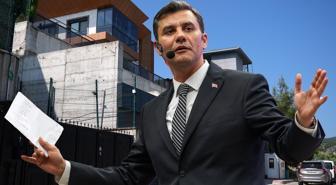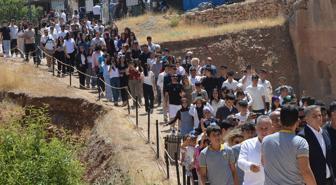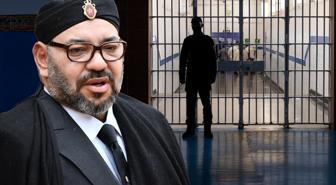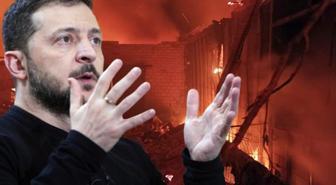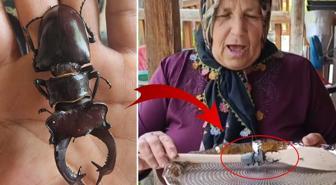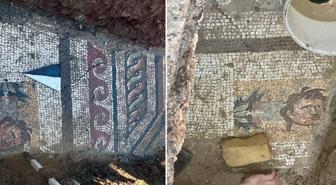Climate Change A Scapegoat, Disasters İn Turkey Are Man-made"
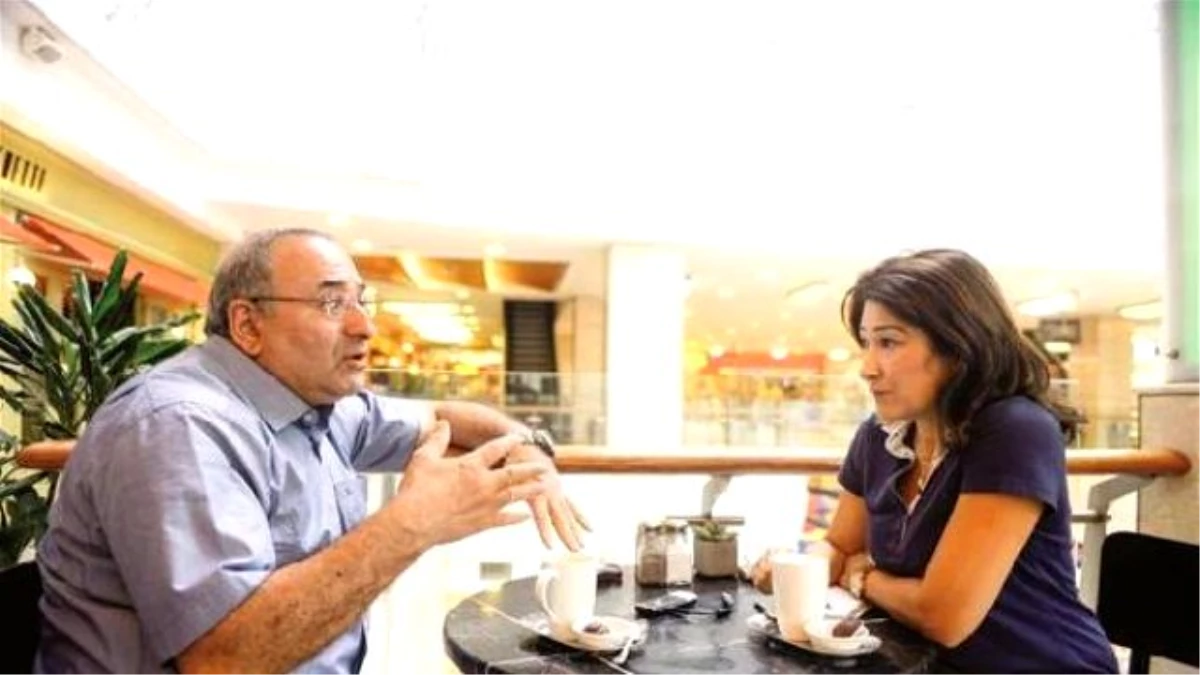
The main reason behind the deadly floods and landslides that have hit Turkey's Black Sea region over the last week, leaving eight dead, is inappropriate settlements that have been ongoing for years, according to Professor Mikdat Kadıoğlu, the head of the Disaster Management Center and Meteorological Engineering Department at Istanbul Technical University (İTÜ).
The main reason behind the deadly floods and landslides that have hit Turkey's Black Sea region over the last week, leaving eight dead, is inappropriate settlements that have been ongoing for years, according to Professor Mikdat Kadıoğlu, the head of the Disaster Management Center and Meteorological Engineering Department at Istanbul Technical University (İTÜ).
"Climate change has become a scapegoat," said Kadıoğlu, who is among the few experts trying to raise awareness in Turkey about the threat of climate change. He warned that although climate change is increasing the frequency and intensity of disasters, governments continue to engage in practices that increase the risks.
What are the most important causes of the recent floods and landslides in the Black Sea?
There is not just one reason for disasters. But the most important cause this time is settlements. Most of what is being built in the Black Sea region, whether a road or a house, is not appropriate to the region's characteristics.
In the past, homes in the Black Sea were not like they are now. People lived on upper stories and nobody would live in lower stories, which would be made of stone. But now just one type of home is being constructed in Turkey, whether on top of a mountain or by a river, whether in the Black Sea region or the southeast. People construct their homes based on a sunny weather and think it will stay like that all the time. There is little guidance or scientific research being conducted. In the past, people used to ask elders about where there had previously been rock slides or mud slides, and the construction site would be determined according to that information.
Now, not only do we no longer have such a tradition, we don't even conduct scientific work about river beds. So constructions that are being done further increase the risk of flood. There is no floodplain management. The most important item in floodplain management is risk mitigation.
Critics are pointing to the Hydro Electric Power Plants ( Hes ) as being among the most important causes of the floods.
I cannot generalize. I do not know whether in this recent case there was an HES constructed on the river and whether it was the specific cause of the flood. I can't say that every HES causes floods.
Some people point the finger at the Black Sea Coastal Highway. I have seen some parts of it; some of it was built in accordance with flood risks while other parts increased the risk.
I am from the region. In 1929 we had a flood in Of that left 149 people dead. At that time there was no talk of climate change, but floods took place. Just as the Marmara region is considered an earthquake zone, the Black Sea is a region prone to floods. But the recent floods have not taken place because of climate change; the number and intensity of floods increased because of climate change.
So you would challenge the diagnosis of officials who have complained about excessive rains, the likes of which have not been seen for decades?
In the past, everything would be blamed on the weather conditions. Now everything is blamed on climate change. But it is not correct to say things happened "because of climate change." Instead, we should foresee that things will get worse because of climate change and take the necessary measures. Otherwise, how can we explain the floods that took place in the 1950s and 60s, when there was no talk of climate change?
Three years ago, I prepared a report on climate risk management. I wrote about how 12 different types of disasters in Turkey, from droughts to forest fires, from tornados to floods, have become more dangerous over time along with climate change and settlement issues. Different types of disasters are becoming more numerous, more frequent and more intense. The increasing trend in hydro-meteorological disasters is continuing.
Turkey needs to endorse climate risk management. On floods, for instance, currently one institution plans measures on disaster relief while another focuses on adaptation to climate change. We need a more integrated approach, but issues are dissipated across several institutions.
What is your evaluation of the Justice and Development Party's (AKP) 13-year approach to meteorological disasters?
Turkey's biggest problem is that this issue is not handled by the relevant experts. Those who are appointed to head the relevant institutions are people whose expertise lies elsewhere. A construction engineer could work in the meteorological department or become responsible for the climate change negotiation team. In Turkey, what is important is not know-how but rather "know-who." Everybody wants to work with their acquaintances. Often, a civil servant only learns about the work when he or she is appointed to their position.
The AKP's time in office has been closely identified with the construction industry. This is related to the issue of settlements that you are underlining.
If we are to talk about it from the perspective of Istanbul, for instance, the population build–up is much higher than Istanbul's capacity. The construction frenzy is taking us to socio-economic collapse. The concrete is eating up green spaces and, together with global warming, waves of hot weather can become deadly. In 2003, some 15,000 people died. With all these construction blocking the wind corridors, the poor, children, and old people are at risk of dying. We may witness mass deaths. In the past, we used to have traditions, and you can see this is the high quality of houses built by people without computers or engineering degrees. Now, look at those being built by modern engineers and you can't see professional engineering even on big projects.
What we need in Turkey is not people who know something about everything, but people who specialize in just one thing. Unfortunately, we have crisis management instead of risk management. After a disaster, the state diverts all its resources to the disaster region, but nothing is done before the disaster has taken place. We keep talking about climate change but we cannot support the right engineering. Municipalities are building roads either without any calculation or based on information about past rain levels. Instead, calculations should be based on the fact that rainfall will increase in intensity.
Many people blame HES power plants for disasters in the Black Sea. Are you against their construction?
I don't say that no HES plants should be built. But they should be properly constructed. There is currently a HES frenzy. You can't have 10 HES plants on one river. Most of the HES plants are not nature-friendly. Let's not forget that natural disasters are man-made disasters, and disasters are traps for poverty. The money is spent on disaster relief rather than the welfare of society. Too little is done too late. Although there are many things that have to be done, they are taking place very slowly.
The first thing to do is to stop the growth of risk. OK, there have been mistaken constructions in the past; OK, there have been constructions on river beds. But now is the time to stop. If it continues like this, many more people will die. Man-made disasters need to stop.
Some blame plantations of tea and hazelnut for the landslides.
That's a wrong diagnosis. When you have the wrong diagnosis, you can't have a solution. Populist rhetoric gets us away from the solution. I am one of those who talks most about climate change, but if you don't have the proper settlement plans you will end up with landslides even if you have trees and forests instead of tea.
New settlements continue to be constructed in riverbeds. We need to stop that. Not only do we not decrease the risk and get it under control, we can't even stop the risk from growing. The gap between the work being done and the risk keeps getting bigger.
(Photo) - Istanbul
